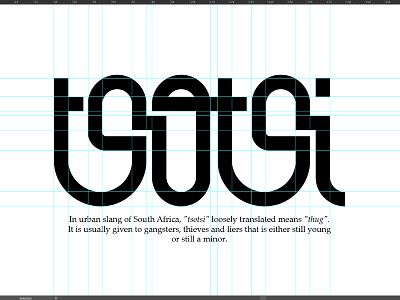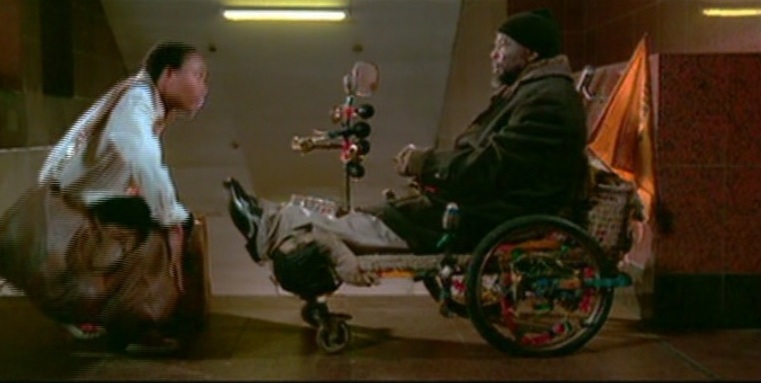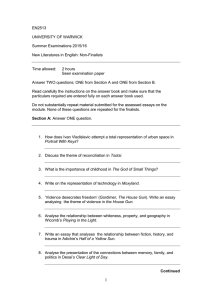Tsotsi Morris
Tsotsi’s inability to steal from Morris: discuss in groups the two things which stay his hand. Chapter 8: Feeding the baby. Tsotsi’s plan to feed the baby condensed milk fails and he forces Miriam Ngidi to feed the baby. It becomes clear that he has started to remember his past. Tsotsi stealing the baby. The killing of the old man. Boston’s self-disgust and his needling of Tsotsi leading to the fight. The sight of Boston’s swollen, infected face. The conversation with Morris – the crippled beggar, underneath the flyover. Morris Tsotsi is on Facebook. Join Facebook to connect with Morris Tsotsi and others you may know. Facebook gives people the power to share and makes the.


- Tsotsi bumps into a handicapped man, Morris (Jerry Mofokeng) at the subway station before meeting his friends and he yells at him. Tsotsi just stares at him when Morris spits on his shoe. The man leaves and Tsotsi follows him all the way to a quiet spot. Tsotsi stops him and tells him to walk, that he is faking his leg injury.
- INTRODUCTIONTsotsi is an extraordinary film by director Gavin Hood that manages to map someof the huge contrasts in modern South Africa - its affluence and grinding poverty,its haves and have-nots, its energy and optimism alongside the disease, addictionand crime that blights so many lives.

Tsotsi Morris Nj

Morris

Tsotsi Morrison
Morris is introduced to the story in chapter 6 at Terminal Place where Tsotsi stalks him with the intention of killing. Morris Tshabalala is a cripple who lost his legs in a mining accident several years ago, and when Tsotsi sees him, he is filled with fear and an instinct to kill. Although at first he is only seen as prey to Tsotsi, he is eventually seen as another equal individual with thoughts and feelings as well. Morris is shown to be a resentful man, unhappy with his current physical state and angry with the world for delivering this cruel fate upon him. He shows this verbally when Tsotsi steps on his hand in Terminal Place, cussing and insulting Tsotsi continuously before moving on. Morris is also revealed to be a rather wise man; a wisdom which he shares with Tsotsi in their final encounter: “The warm stones of the streets. I felt it tonight at the end of the day. I must feel it again tomorrow.” Although at first Morris seems to finished with his life, claiming that he is already dead, he shows Tsotsi that everyone has a reason to live; a drive that prevents them from dying and keeps them alive. He is a catalyst for Tsotsi’s change in nature and causes him to realize that everyone has emotions and a conscience and that everyone has the drive to live. He represents Tsotsi’s uncertainty with life and the complications it brings, and when Tsotsi resolves to let Morris live, he also resolves to continue living himself.